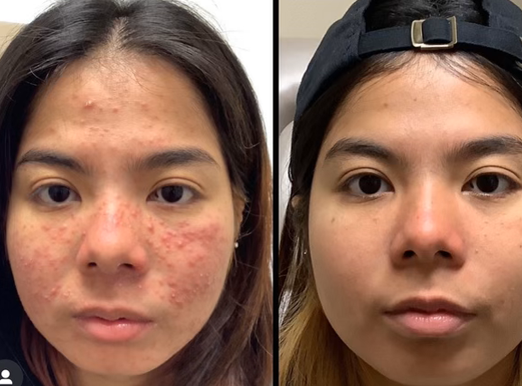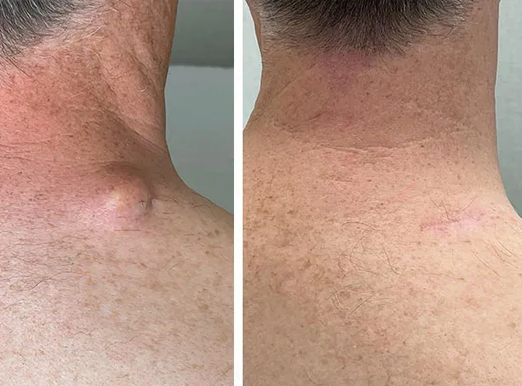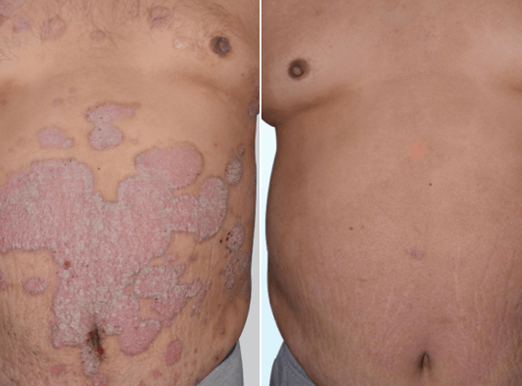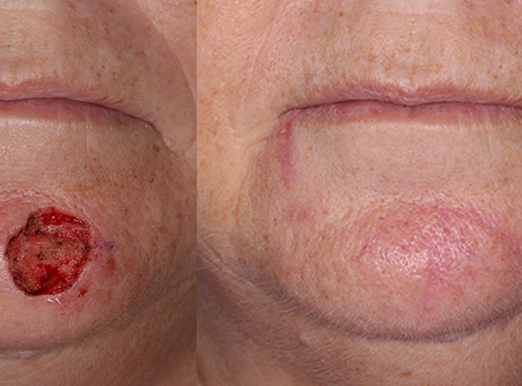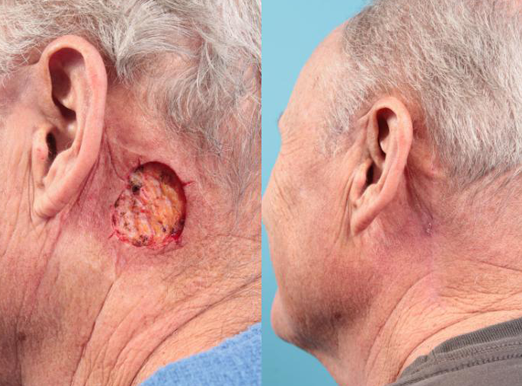Divina Dermatology & Cosmetic Center
Divina Medical
True Beauty starts with Health. Take Care of the largest organ in your body
Our Treatments
Before and After
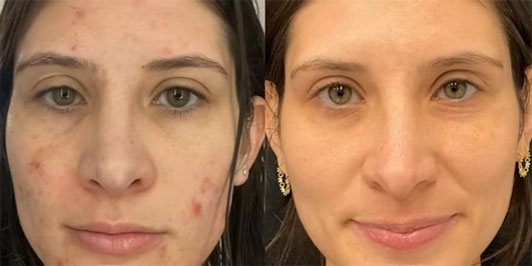

Acne Treatment
A multi-faceted approach that may include topical treatments, oral medications, hormonal therapy, or procedural interventions like chemical peels, aiming to reduce inflammation, sebum production, and bacterial growth.
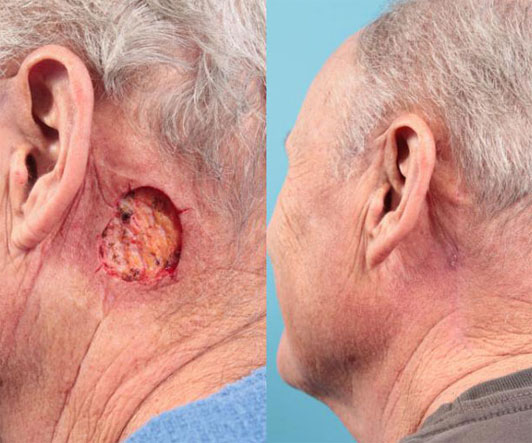

Mohs Surgery
A precise surgical technique used to treat skin cancer, where thin layers of cancer-containing skin are progressively removed and examined until only cancer-free tissue remains. It preserves as much healthy skin as possible while completely removing cancer cells.
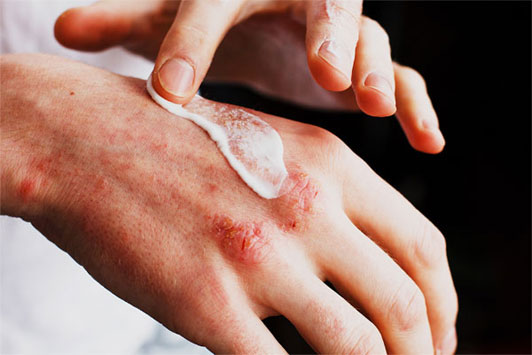

Eczema Treatment
A regimen often involving moisturizers to hydrate the skin, topical steroids to control inflammation, and avoiding triggers like certain soaps or allergens. In severe cases, systemic treatments or phototherapy may be employed.
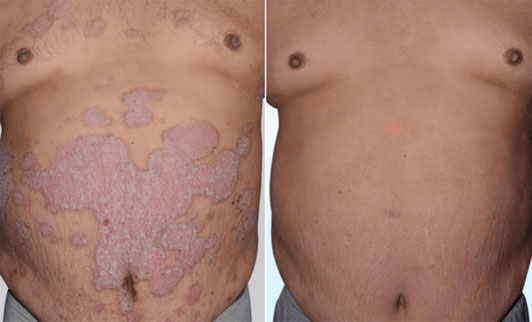

Psoriasis Treatment
This involves managing symptoms and preventing outbreaks with topical treatments, systemic medications, or phototherapy. Lifestyle changes such as stress management and a healthy diet can also play a significant role in management.
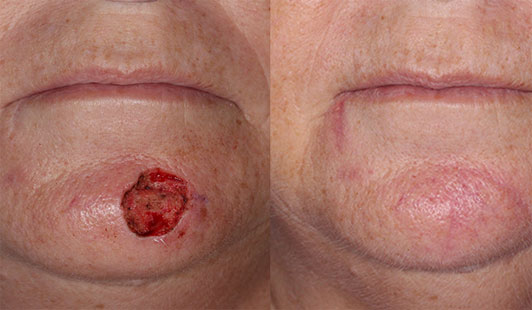

Skin Cancer Treatment
This involves removing cancerous cells from the skin, using methods such as surgery, radiation, or chemotherapy, often depending on the type and stage of the cancer. Preventative measures include sun protection and regular skin checks.
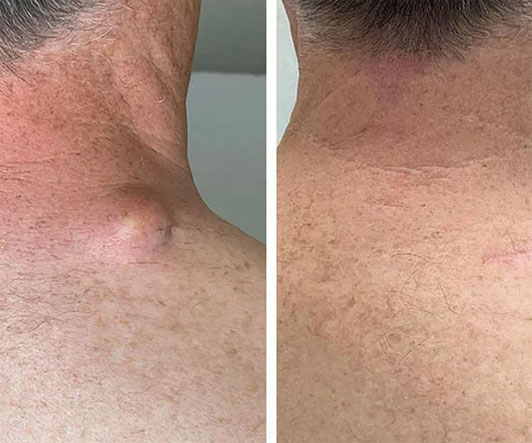

Cyst Removal
This involves the surgical extraction of non-cancerous growths in the skin or underlying tissue. Depending on the cyst’s location and size, local or general anesthesia may be used.
Divina Medical Procedures
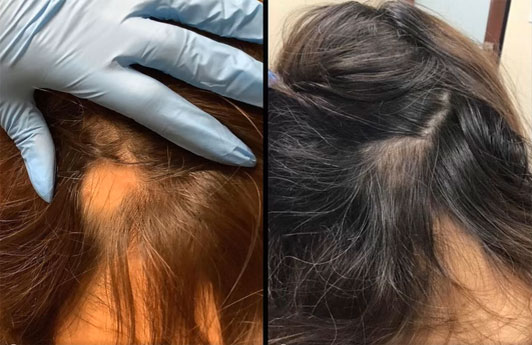

Alopecia (Hair Loss)
Alopecia is a condition characterized by hair loss, which can be caused by a variety of factors including genetics, hormonal changes, or autoimmune conditions. Treatments range from topical medications to injections, light treatments, or in some cases, surgery, and aim to slow hair loss or promote hair growth.
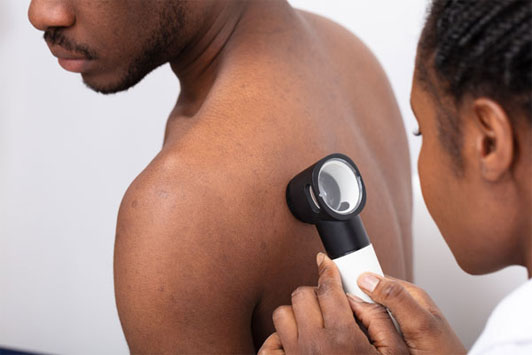

Annual Skin Cancer Exam
This is a routine examination performed by a dermatologist to check for early signs of skin cancer. It involves a thorough inspection of the skin all over the body, including areas that are not typically exposed to the sun.
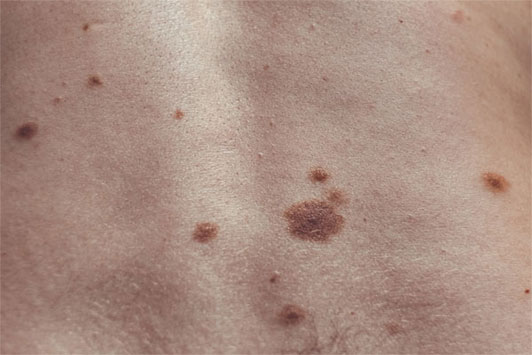

Dysplastic Nevi (Atypical Moles)
A gentle laser skincare treatment that can help to prevent and treat the early signs of aging, improve skin tone, texture, and reduce the appearance of pores. It’s safe for all skin types and requires minimal downtime.


Eczema Treatment
Eczema treatment aims to heal the skin and prevent flare-ups, often involving regular moisturizing, avoiding triggers, and applying topical corticosteroids or other anti-inflammatory creams. For severe cases, treatments can include systemic medications or phototherapy.
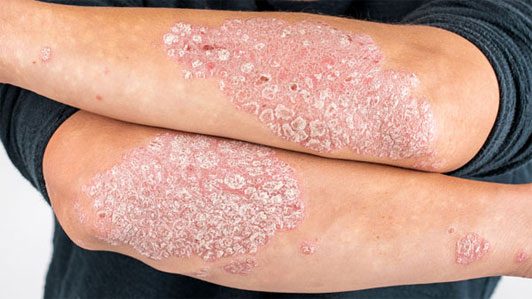

Excimer Laser for Psoriasis
The excimer laser targets specific areas of the skin affected by psoriasis, delivering a controlled dosage of UVB light to reduce symptoms. The treatment spares healthy skin, leading to fewer side effects than traditional phototherapy treatments.
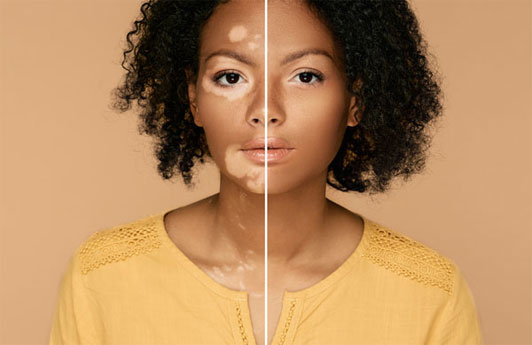

Excimer Laser for Vitiligo
The excimer laser provides targeted phototherapy for vitiligo, a condition causing loss of skin color in patches. This treatment stimulates melanocyte activity, helping to restore color to depigmented areas.
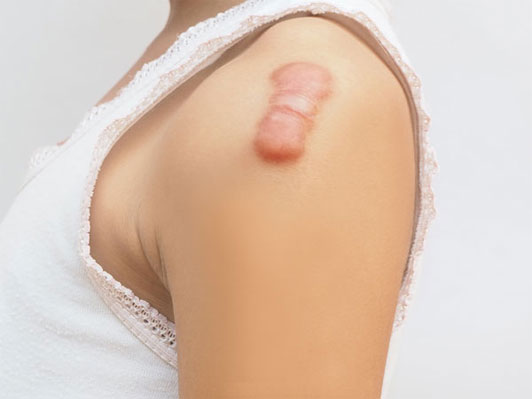

Keloid Scar Treatment
Keloid scar treatment aims to flatten and improve the appearance of keloid scars, which are raised, overgrown areas of scar tissue. Options include steroid injections, laser treatment, cryotherapy, or, in some cases, surgical removal.
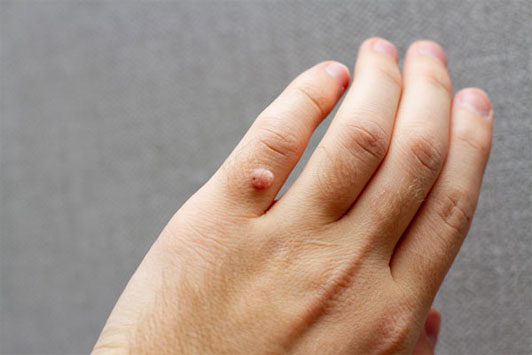

Professional Wart Removal
This involves the removal of warts by a healthcare professional, employing various methods like cryotherapy, salicylic acid, laser treatment, or minor surgery. It is generally recommended for stubborn warts that don’t respond to over-the-counter treatments.
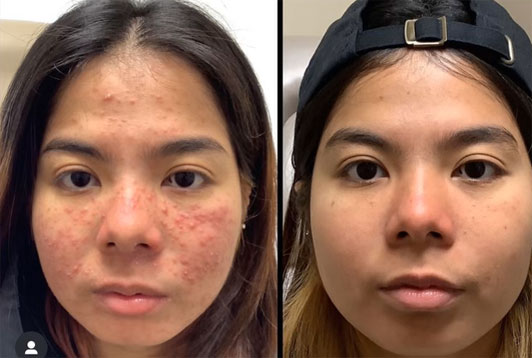

Rosacea
Rosacea is a chronic skin condition causing redness and visible blood vessels, typically on the face. Treatments include topical and oral medications to reduce inflammation and redness, lifestyle modifications to manage triggers, and laser therapy for persistent redness or visible blood vessels.
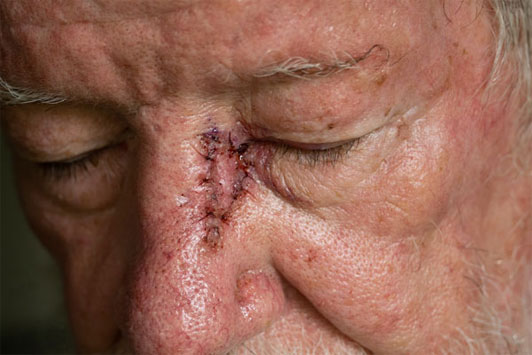

Skin Cancer Basal Cell
Basal cell carcinoma is the most common type of skin cancer, typically resulting from intense sun exposure. Treatment usually involves surgical removal of the cancerous cells, but in some cases, topical treatments, laser therapy, or radiation may be used.
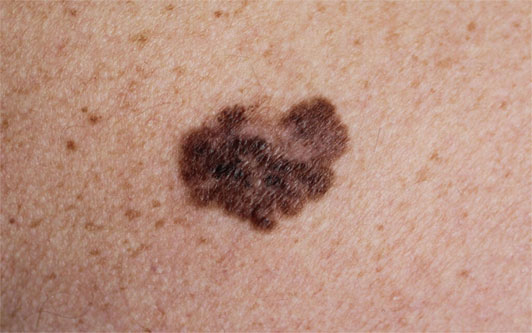

Skin Cancer Melanoma
Melanoma is a serious type of skin cancer that develops from pigment-producing cells in the skin. It typically requires surgical removal, and depending on its stage and spread, may also necessitate treatments like immunotherapy, targeted therapy, radiation, or chemotherapy.
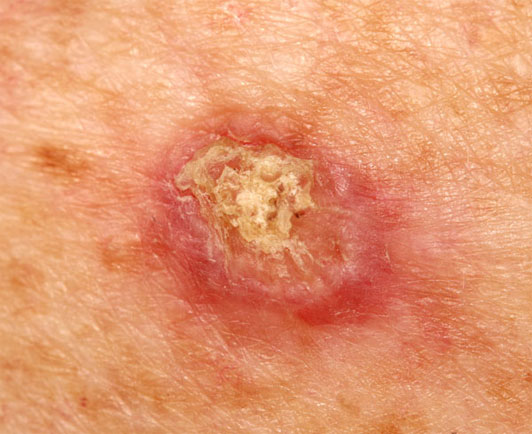

Skin Cancer Squamous
Squamous cell carcinoma is a common form of skin cancer that may appear as a firm red nodule or a flat sore with a scaly crust. Treatments typically involve surgical removal, and in some cases, may include topical medications, laser treatment, or radiation.
Naturally Beautiful with Divina Dermatology & Cosmetic Center

Skin Health
One of the most significant benefits of dermatology is the prevention and early detection of skin cancer. Skin cancer is the most common form of cancer in the United States, with over 9,000 people dying from it every year. With early detection and treatment, however, the five-year survival rate for skin cancer is almost 100%. Regular visits to a dermatologist can help catch any suspicious spots or moles before they become cancerous.
Our skincare products are made with organic and natural ingredients to give you healthy and beautiful skin. From cleansers to moisturizers, we have everything you need for a complete organic skincare routine. But dermatology is not just about skin cancer. It also helps with a variety of other skin conditions that can affect our overall health and well-being. For example, acne, psoriasis, and eczema can all have a significant impact on a person’s mental health and quality of life.

Skin Maintenance
Dermatologists can provide treatment options to alleviate symptoms and improve self-esteem. Furthermore, dermatology plays a critical role in managing chronic conditions such as rosacea and vitiligo. Skin conditions can be challenging, but with the help of a dermatologist, patients can find relief and better manage their symptoms.
Dermatology is essential for maintaining overall skin health. Our skin is our largest organ and serves as our body’s first line of defense against external threats. Regular checkups with a dermatologist can help ensure that our skin is healthy and functioning correctly. Dermatology is critical to our overall health and well-being. By taking care of our skin, we can prevent and detect skin cancer, manage chronic skin conditions, address cosmetic concerns, and maintain overall skin health.

